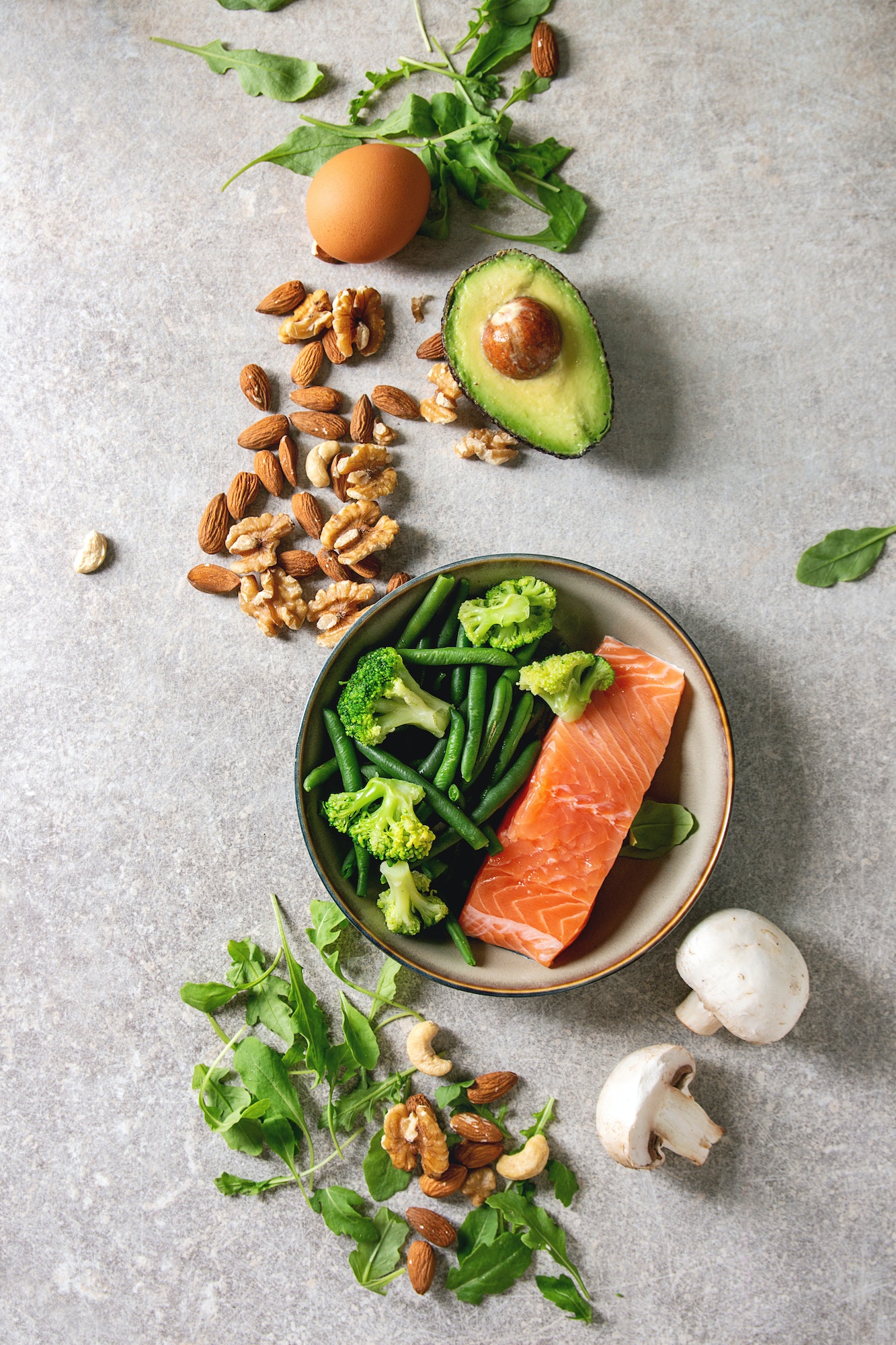The trend of vegetarianism and veganism has been on the rise over the past decade. This lifestyle is not only exclusive to humans, but pet parents are also considering these diets for their beloved canines. But how safe and healthy is a vegetarian or vegan diet for your dog, especially one with food allergies?
In this article, we delve into the considerations and practical steps to follow when contemplating a vegetarian-based diet for your dog. We will discuss the potential benefits, the necessary nutrients, and how to handle food allergies in the process. We will adopt a professional tone and provide fact-based advice, backed by expert veterinary opinions.
Topic to read : How to Introduce a New Puppy to a Multi-Dog Household Without Inciting Jealousy?
Understanding a Dog’s Dietary Needs and Potential Allergies
Before you transition your dog to a vegetarian diet, it’s crucial to understand its nutritional needs. Dogs, unlike humans, are primarily carnivorous. However, they have evolved as scavengers, which makes them capable of surviving on a diet that includes plant matter.
A dog’s diet should be rich in protein, fat, carbohydrates, vitamins, and minerals. Protein is particularly vital; it supports cell growth and repair, and it should constitute a significant part of your pet’s diet.
Topic to read : What Are the Effective Ways to Train a Dog to Stop Counter-Surfing?
Food allergies in dogs are another critical factor to consider while formulating a diet plan. Dogs can react adversely to specific ingredients, with common allergens being beef, dairy, wheat, eggs, chicken, lamb, soy, pork, rabbit, and fish.
If your dog suffers from food allergies, it may be beneficial to transition to a vegetarian diet that eliminates these allergens. However, it’s crucial to consult your vet before making any drastic changes to your pet’s diet.
Transitioning to a Vegetarian Diet
Making a transition to a vegetarian or vegan diet for your dog is not a decision to be taken lightly. It requires a comprehensive understanding of your pet’s nutritional needs and a clear plan to ensure those needs are met without compromising their health and wellbeing.
The first step is to consult with a veterinary professional who can guide you through the process, taking into account the specific allergies your dog might have. They can advise you on the right balance of nutrients and suggest supplements to compensate for any deficiencies in the diet.
Next, it is essential to introduce the new diet gradually. Start by mixing small amounts of the vegetarian food with the current diet. Over a week or two, gradually increase the proportion until the vegetarian food completely replaces the old diet. Monitor your pet’s health carefully throughout this transition.
Key Nutrients and Their Vegetarian Alternatives
The key challenge of a vegetarian diet for dogs is to provide enough protein. Dogs require 22 different amino acids, the building blocks of protein, 12 of which they can produce internally. The remaining ten, referred to as essential amino acids, must be obtained from the diet.
A variety of plant-based ingredients can provide these essential amino acids. Lentils, chickpeas, quinoa, and soy are rich in protein and can form the basis of a vegetarian dog diet. However, these should be well-cooked to enhance digestibility and nutrient absorption.
Other essential nutrients such as vitamins and minerals can be obtained from various vegetables, fruits, and grains. Ingredients such as sweet potatoes, brown rice, and spinach are excellent sources of essential nutrients.
Evaluating the Best Vegetarian Foods for Dogs
The market offers a vast array of vegetarian and vegan dog foods. They are specially formulated to provide a balanced mix of nutrients from plant-based sources, eliminating the need for meat. Some of these foods are also hypoallergenic, making them suitable for dogs with specific food allergies.
When choosing a commercial vegetarian dog food, ensure it has undergone feeding trials and meets the nutritional requirements set by the Association of American Feed Control Officials (AAFCO). Check the label for the list of ingredients. The primary ingredient should be a plant-based protein source such as soy, peas, or lentils.
Lastly, regular health check-ups are essential to monitor your dog’s health on the new diet. These check-ups can help detect any nutrient deficiencies or health problems early.
Homemade Vegetarian Diets: A Viable Alternative?
As a pet parent, you might be inclined to prepare your dog’s food at home. While this gives you complete control over the ingredients, it also comes with its challenges. The main one being ensuring a balanced diet.
If you decide to go down this route, consult your vet or a pet nutritionist. They can provide a recipe that meets your dog’s specific needs. Remember, variety is crucial in a vegetarian diet, and a single recipe will not suffice.
A homemade vegetarian diet for dogs requires a lot of commitment. You need to source high-quality ingredients and prepare meals regularly. Additionally, it may be necessary to include dietary supplements to provide nutrients that are hard to obtain from plant-based sources.
Remember, the primary aim is to ensure your pet receives a balanced diet that caters to its nutritional needs. Whether you opt for a commercial or homemade vegetarian diet, always prioritize your dog’s health and wellbeing. Always consult with your vet before making any significant changes to your pet’s diet.
Ensuring a Balanced Vegetarian Diet for Your Dog
An essential part of maintaining your dog’s health while on a vegetarian diet lies in ensuring the diet is well-balanced. Balance in this context implies that the food your canine consumes provides a mix of the essential nutrients – proteins, fats, carbohydrates, vitamins, and minerals – in the right quantities.
Proteins are particularly crucial in a dog’s diet. Plant-based sources of protein can come from legumes such as lentils, chickpeas, and peas, as well as grains like quinoa and soy. However, it’s crucial to note that not all plant-based proteins contain all the essential amino acids that your dog needs. Hence, it’s vital to mix a variety of these protein sources to ensure your dog gets a complete protein profile.
Likewise, fats are another vital nutrient. They provide energy, help in nutrient absorption, and promote skin and coat health. Healthy fats can be obtained from plant sources like flaxseeds, chia seeds, and coconut oil.
Carbohydrates provide energy and can be sourced from a variety of vegetables and grains like potatoes, rice, and oats. Vitamins and minerals can also be derived from a variety of fruits, vegetables, and grains.
If you’re unsure about how to balance these nutrients for your pet, a veterinary nutritionist can provide relevant guidance. They can help create a diet plan based on your pet’s age, size, breed, and health status.
The Role of Supplements in a Vegetarian Dog Diet
Even with the best planning, it can be challenging to meet all the nutrient requirements of a dog through a vegetarian diet alone. Therefore, dietary supplements can be a useful addition.
Supplements can help provide any nutrients that might be lacking in the diet. For example, taurine and L-carnitine are two amino acids that are crucial for dogs but are often inadequate in a vegan diet. These can be added through a supplement.
Similarly, omega-6 and omega-3 fatty acids, which are essential for skin, coat, and overall health, are another nutrient that might need supplementing. Flaxseed oil, algae oil, or specially formulated vegan dog supplements can be used.
However, it’s crucial to consult with a vet or a veterinary nutritionist before starting any supplements. They can advise on the right type and dosage based on your dog’s specific needs.
Conclusion
Switching your dog to a vegetarian diet requires careful planning and consideration, especially for dogs with food allergies. It is vital to find balance in the diet and ensure that all the necessary nutrients are included.
Plant-based proteins, vitamins, minerals, and other essential nutrients can be sourced from a variety of legumes, grains, and vegetables. However, getting the right balance can be challenging and may require advice from a professional veterinary nutritionist.
In some cases, dietary supplements may be necessary to provide nutrients that are difficult to include in sufficient quantities in a vegetarian diet. However, these should only be used under the guidance of a professional.
Whether you choose a commercial or homemade vegetarian diet for your dog, remember that the goal is to meet their nutritional needs without causing any adverse health effects. Always consult a vet before making any substantial changes to your pet’s diet. Ultimately, your dog’s health and happiness should remain the top priority.











